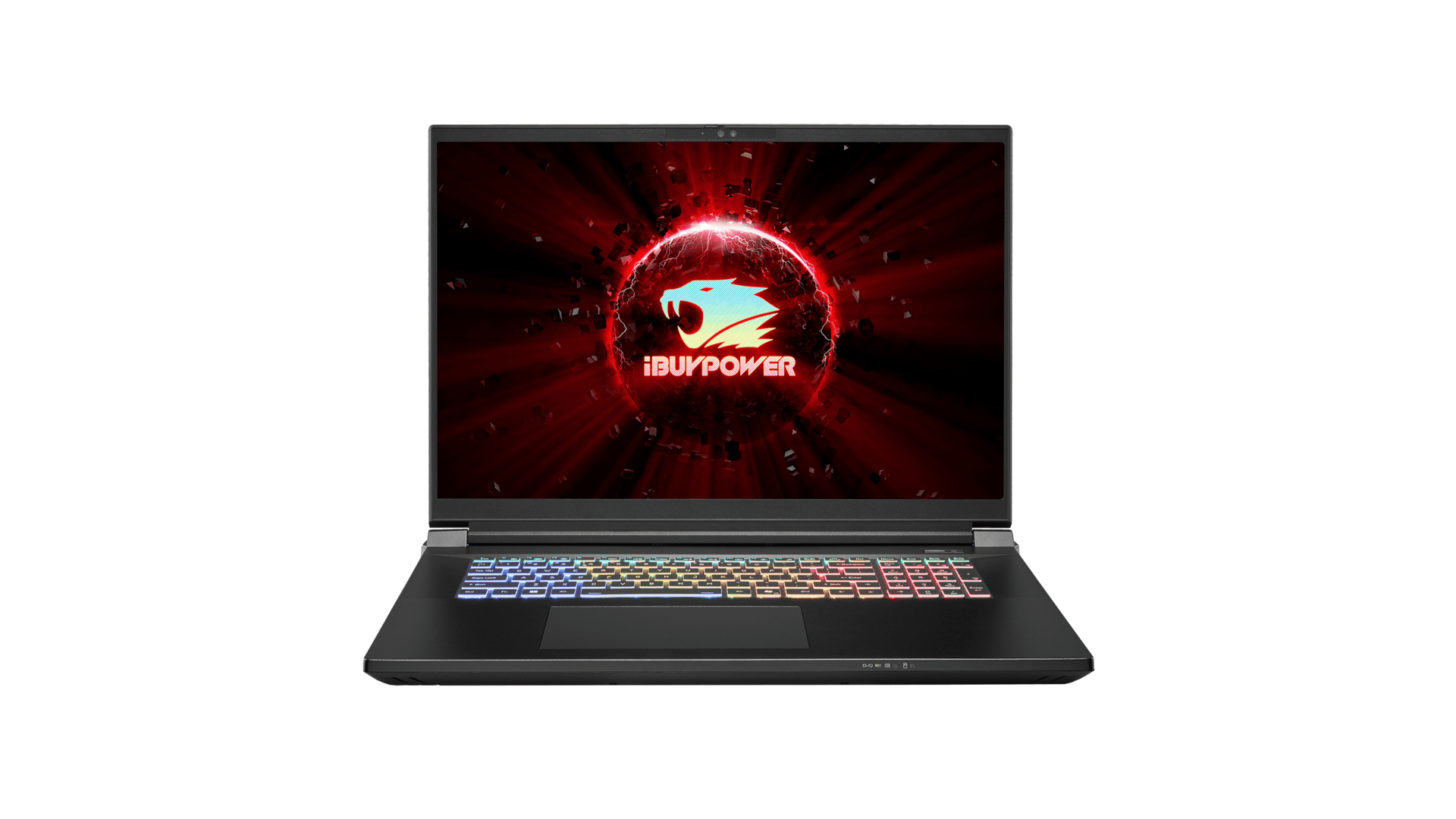Optimizing your PC settings with online gaming is essential, but it is also a good idea to consider gaming with a VPN. Virtual Private Networks (VPNs) offer advantages such as enhancing security and providing access to a broader selection of game servers for a better gaming experience. However, using a VPN also has potential issues, such as increased latency and connection instability, which can turn a gaming session from exhilarating to frustrating.
Learn about the advantages and disadvantages of a VPN for gaming, to decide whether you should incorporate one into your gameplay strategy.
Why Should I Use a VPN for Gaming?
Most gamers can enjoy their gaming experience without needing a VPN. However, it’s essential to consider a few key questions to determine if gaming with a VPN might benefit you. The potential benefits are numerous, from improved connection speeds to enhanced security and access to a wider range of game content. These possibilities might just make you reconsider your gaming setup.
First, determine whether you are experiencing connection speed or latency issues, need to change servers outside of the game client, or are concerned about potential IP address exposure. For instance, if you’re playing a game with regional restrictions or if you’re in a location with poor server coverage, a VPN for gaming could be beneficial.
Lower Ping
One of the standout features of a VPN for gaming is its ability to change your connection location for a lower ping or latency. Ping measures the time it takes for your device to communicate with a game’s server, typically measured in milliseconds. A lower ping means faster response times, allowing you to react more quickly in competitive environments. A lower ping means less delay in your actions being registered in the game, which is crucial for competitive gaming.
By gaming on a VPN, you can also avoid busy game servers causing higher latency due to overcrowding. Additionally, VPNs can help you locate servers in different time zones, where competition may be lower. This feature means you can find available server slots more efficiently, reducing the frustration of waiting to join a game.
However, while using a VPN has the potential to lower your ping, this result is not guaranteed. Games typically do a decent job routing players to the best servers in regions with good infrastructure, like the US or Europe. However, a VPN can offer a more direct route to servers for gamers located further from major gaming hubs, potentially decreasing ping times and improving gameplay. If you connect to a server farther away from the game’s data center, your ping can increase, leading to worse latency. In this case, you may not need to change your server location.
Hides IP Address
Gaming with a VPN allows access to games and content released in other regions. Many gamers feel the frustration of waiting for a game launch in their area, while others already enjoy it. VPNs let you easily switch your virtual location to access games sooner by connecting to servers in regions where they are already available. This location spoofing provides a gateway to a broader range of game content, although some companies may still identify your actual location.
It can also improve your matchmaking experience in multiplayer games. Switching your virtual identity can influence the skill-based matchmaking system, allowing you to face opponents who match your skill level better. This improved matchmaking leads to a more enjoyable and less stressful gaming session.
Avoid Throttling
In addition to security, gaming on a VPN can stop your Internet Service Provider from connection throttling. Some ISPs intentionally slow down speeds for users consuming a lot of bandwidth, particularly gamers and streamers.
Using a VPN hides your online activity, making it more difficult for ISPs to impose such restrictions and ensuring you enjoy high speeds and low latency during gameplay.
Security
One significant benefit is its added security against Distributed Denial of Service (DDoS) attacks. Unfortunately, these types of attacks are common in the gaming community. By masking your IP address, a VPN can redirect potential attacks to the VPN provider’s servers, providing you with a sense of security and peace of mind during gaming sessions.
By masking your IP address, a VPN can redirect potential attacks to the VPN provider’s servers, helping you avoid harassment from jealous rivals. This feature adds a layer of precious security, given that some players may resort to malicious tactics to disrupt others’ gameplay.
Less Ads
Finally, many VPN services come with built-in ad blockers, reducing the interruptions you experience while gaming. Given these numerous advantages, investing in a reliable VPN for gaming can be an intelligent move for gamers looking to enhance their security, performance, and access to content.
The Drawbacks of Gaming on a VPN
While there are several advantages to using a VPN for gaming, it’s equally important to be aware of the potential drawbacks that can impact your experience. From slower connection speeds to the risk of violating terms of service, understanding these challenges can help you decide whether using one suits you.
Slower Connection Speed
One of the primary concerns is the potential reduction in performance and speed. VPNs often result in increased latency and slower connection speeds, detracting from your gaming experience.
Although some users might find that a VPN improves their ping under certain circumstances, this is not guaranteed and can be more likely to hinder performance, particularly if you’re connecting to servers that are far away.
Potential of Violating Terms of Service
Additionally, certain gaming platforms may restrict the use of VPNs. While most services allow VPN use for general online gaming, there are specific instances where it could lead to a ban, mainly if used to circumvent geographic restrictions or engage in account manipulation. This risk is more significant in countries where gaming on a VPN is heavily regulated or restricted, potentially leading to legal ramifications.
Another drawback is the potential for terms of service violations. Many game platforms, such as Steam, explicitly prohibit using VPNs to disguise your location for purchases or accessing restricted content. Ignoring these rules can result in account termination or other penalties, making it essential to read and understand the terms of service before using.
Cost
Cost is another factor to consider. Quality VPN services typically require a subscription fee, which can add up over time. For gamers who do not participate in online multiplayer games or who already enjoy sufficient speed and ping, it may be more challenging to justify the expense of gaming with a VPN.
Is Gaming With VPN a Good Idea?
Using a VPN can be valuable for gamers wanting better security, access to region-locked games, or protection from DDoS attacks. However, it’s crucial to weigh the potential downsides, such as reduced performance, possible terms of service violations, and added costs.
Consider pairing your VPN with a high-performance gaming PC or laptop to optimize your gameplay. Check out the impressive selection at iBUYPOWER to find the perfect setup tailored to your gaming style and elevate your experience today. Check our coupons page or our daily deals page for the newest discounts. To stay updated on all things iBUYPOWER follow us on our socials
Instagram iBUYPOWER
Facebook iBUYPOWERPC
TikTok @iBUYPOWER
Reddit /r/iBUYPOWER
Discord iBUYPOWER








